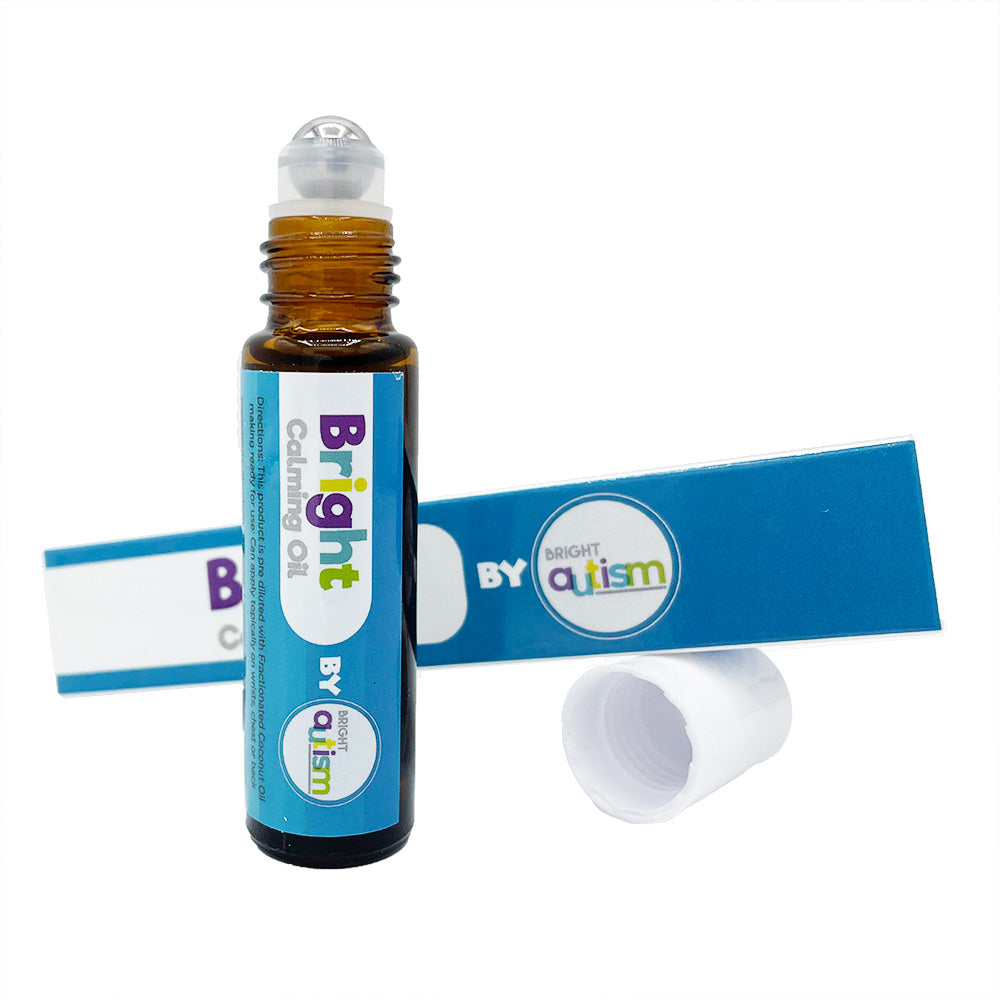
In the whirlwind of daily life, caregivers—especially parents of children with autism—often find themselves prioritizing everyone else’s needs over their own. Yet, the essence of effective caregiving is rooted in self-care. The digital age has ushered in innovative tools to support caregivers in their journey towards mental and emotional well-being. Let's explore how technology can revolutionize self-care strategies for parents and families.
Stress Management: Harnessing the Power of Technology
Stress is an inevitable part of caregiving, but managing it effectively can transform your experience. Today, there are numerous apps designed specifically to help caregivers manage stress. Apps like Headspace and Calm offer guided meditations and mindfulness exercises that can be squeezed into even the busiest of schedules. These tools provide a sanctuary of calm, enabling you to recharge and face challenges with a clearer mind. Additionally, platforms like Happify use science-based activities and games to help reduce stress and build resilience. These apps offer a convenient way to integrate stress management into your daily routine without requiring significant time or effort. By utilizing these digital resources, you can create a personalized stress management plan that fits seamlessly into your life.
Peer Support: Building a Virtual Village
One of the most profound benefits of the digital age is the ability to connect with others who share similar experiences. Virtual support groups and online communities provide a space for caregivers to share their stories, seek advice, and offer support. Websites like BrightAutism.org offer forums and blogs where parents can connect and find solace in knowing they are not alone. Social media platforms also host numerous groups dedicated to caregivers of children with autism. These groups offer a sense of community and understanding that can be incredibly comforting. Engaging with these communities can reduce feelings of isolation and provide practical tips and emotional support from those who truly understand your journey.
Personal Time: Carving Out Moments for Yourself
Finding time for yourself amidst caregiving duties can seem like an impossible task. However, technology can be a powerful ally in creating and maintaining personal time. Scheduling apps like Google Calendar or Todoist can help you organize your day and set aside specific times for self-care activities. By treating these moments as non-negotiable appointments, you can ensure that you regularly take time to recharge. Furthermore, apps like Audible and Kindle allow you to enjoy books and audiobooks during moments of downtime, whether you're waiting in the carpool line or enjoying a quiet evening at home. These small pockets of personal time can significantly enhance your overall well-being and provide much-needed mental breaks.
Innovative Products for Relaxation
 Bright Autism Oil
Bright Autism Oil
Making Sleep a Priority
Quality sleep is a cornerstone of self-care, yet it often eludes caregivers. Sleep-tracking apps like Sleep Cycle or Fitbit can help you monitor your sleep patterns and identify areas for improvement. These apps provide insights into your sleep quality and offer tips on how to enhance your rest, ensuring you wake up feeling more refreshed and energized. Additionally, creating a bedtime routine that includes relaxation techniques can improve sleep quality. Using calming essential oils, like the Bright Calming Essential Oil for Anxiety and Stress Relief, can create a tranquil environment conducive to restful sleep. This blend of Mandarin, Tangerine, Lavender, Australian Sandalwood, and Roman Chamomile, expertly diluted in gentle Fractionated Coconut Oil, can transform your evenings into a serene experience.
Staying Connected: The Importance of Social Interaction
Human connection is vital for emotional well-being. In the digital age, staying connected with loved ones and friends has never been easier. Video calling apps like Zoom or Skype allow you to maintain relationships even when physical distance is a barrier. Regular virtual meetups with friends and family can provide emotional support and a much-needed break from caregiving duties. Additionally, online platforms like Meetup offer virtual events and groups that cater to a wide range of interests. Engaging in these activities can help you find new hobbies and interests, providing a healthy distraction and a sense of fulfillment outside of caregiving.
Exploring Online Resources
The internet is a treasure trove of resources for caregivers. Websites like the National Institute of Mental Health (NIMH) and Verywell Mind offer a wealth of information on self-care strategies and mental health. These resources provide evidence-based tips and techniques that can help you navigate the challenges of caregiving with greater ease. Additionally, educational platforms like Coursera and Udemy offer courses on stress management, mindfulness, and other self-care topics. Investing time in learning new skills can empower you to take better care of yourself and your family. In the journey of caregiving, remember that your well-being is paramount. By embracing the innovative tools and resources available in the digital age, you can create a balanced and fulfilling life for yourself and your loved ones. As you navigate the complexities of caregiving, let technology be your ally in achieving mental and emotional well-being. For more insightful articles and resources, visit the
Bright Autism Blog or explore our
products designed to support your caregiving journey.
 In the whirlwind of daily life, caregivers—especially parents of children with autism—often find themselves prioritizing everyone else’s needs over their own. Yet, the essence of effective caregiving is rooted in self-care. The digital age has ushered in innovative tools to support caregivers in their journey towards mental and emotional well-being. Let's explore how technology can revolutionize self-care strategies for parents and families.
In the whirlwind of daily life, caregivers—especially parents of children with autism—often find themselves prioritizing everyone else’s needs over their own. Yet, the essence of effective caregiving is rooted in self-care. The digital age has ushered in innovative tools to support caregivers in their journey towards mental and emotional well-being. Let's explore how technology can revolutionize self-care strategies for parents and families.
 Bright Autism Oil
Bright Autism Oil










Leave a comment